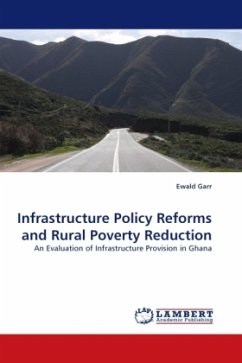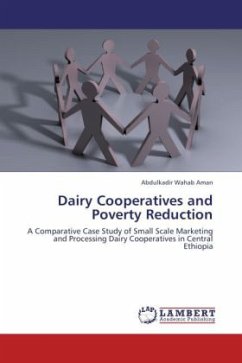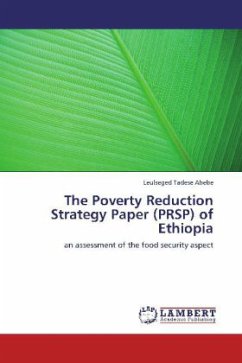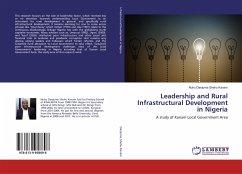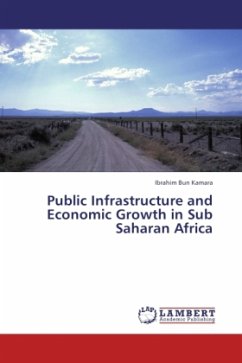While poverty remains the most challenging issue of policy concern in developing countries, infrastructure provision has emerged as a central vehicle for poverty reduction. For most developing countries, despite the belief that infrastructure contributes to poverty reduction not much has been achieved in this respect. Developing countries continue to make huge investments in infrastructure provision, but still to no avail. This book which draws mainly on economics and public policy studies, identifies and tests the potential contribution of infrastructure to poverty reduction, and explains why infrastructure provision in developing countries has failed to significantly contribute to poverty reduction. The book argues that poverty reduction should not only be about infrastructure or its socioeconomic benefits, but, also the policy and governance frameworks that guide its provision. This was illustrated with the case of Ghana. The book expands the body of knowledge on infrastructure and poverty reduction, and should be useful to policy makers and development planners. Students of development, economics, public policy, and project management will also find the insights shed useful.
Bitte wählen Sie Ihr Anliegen aus.
Rechnungen
Retourenschein anfordern
Bestellstatus
Storno

